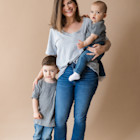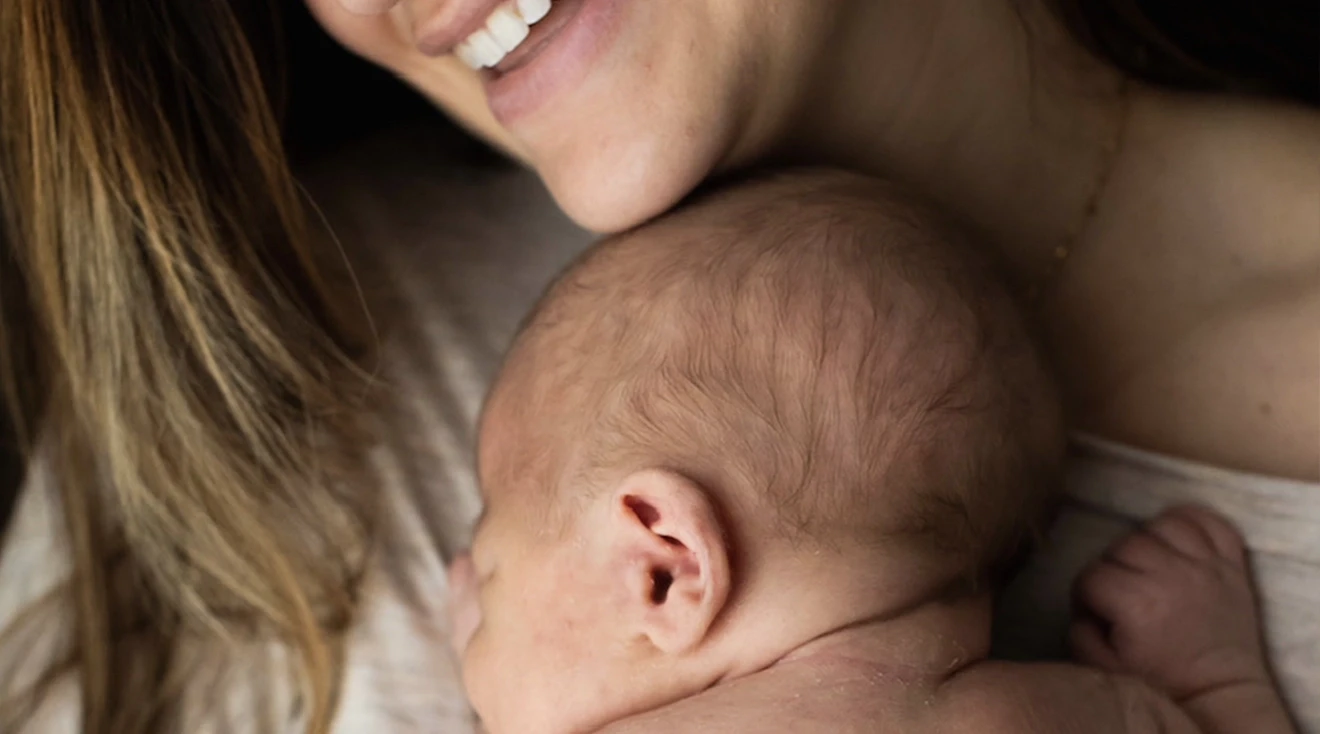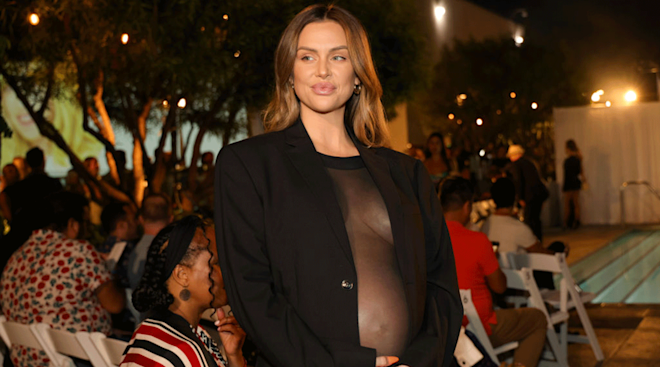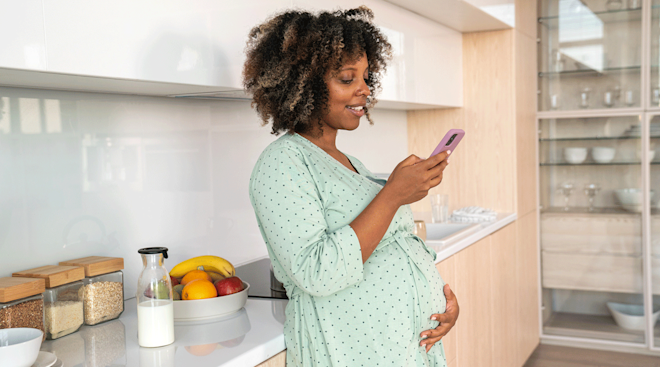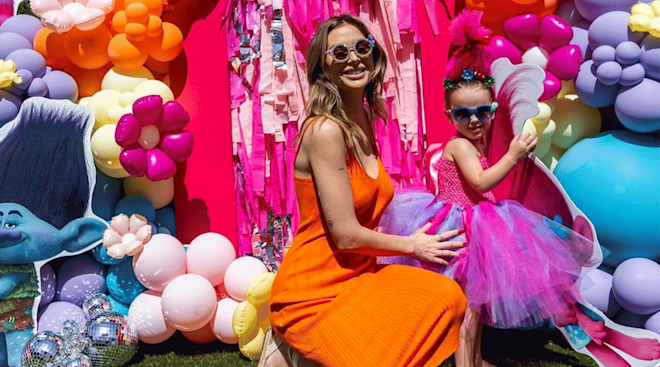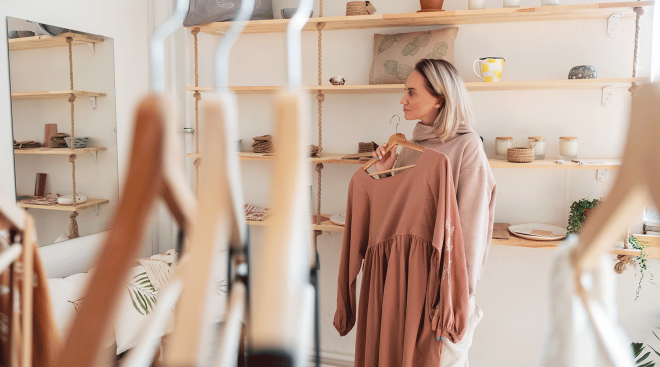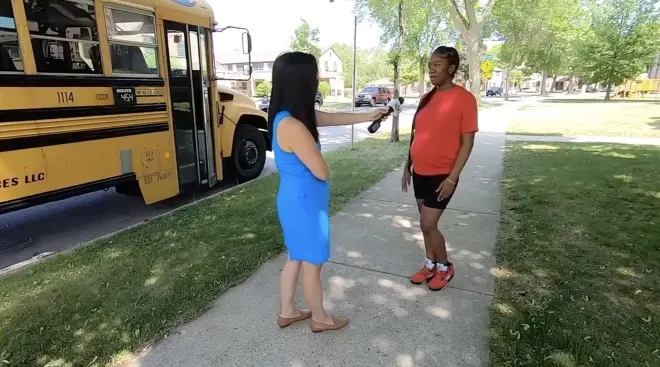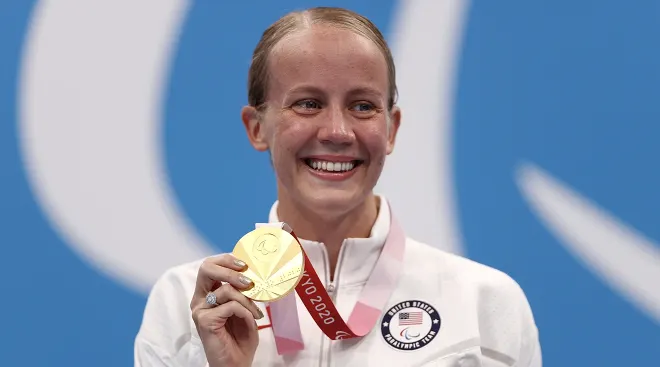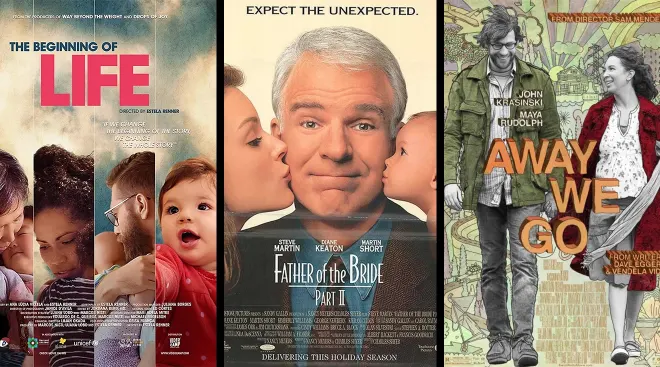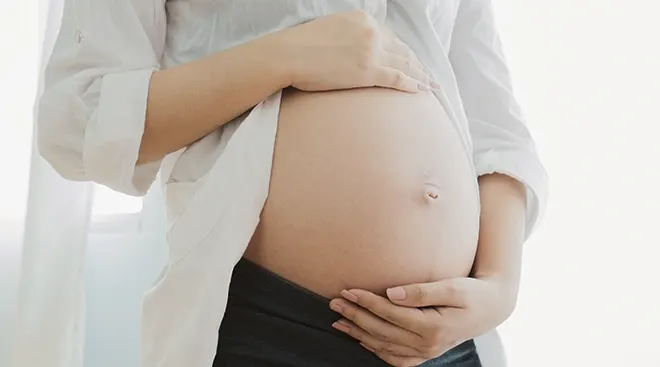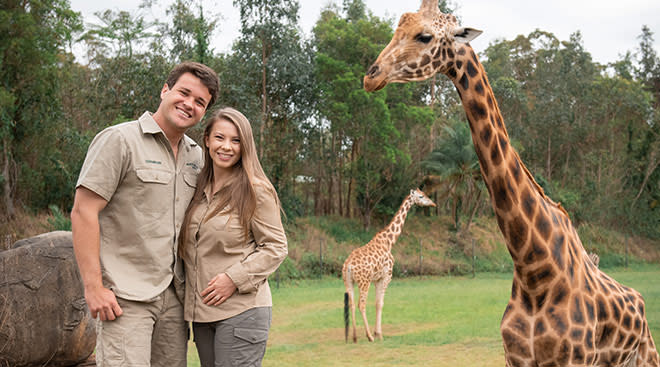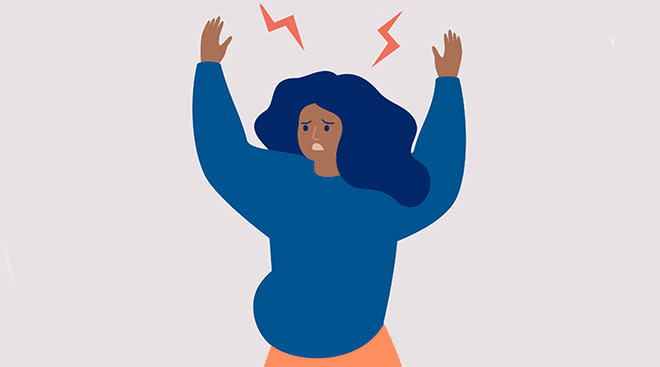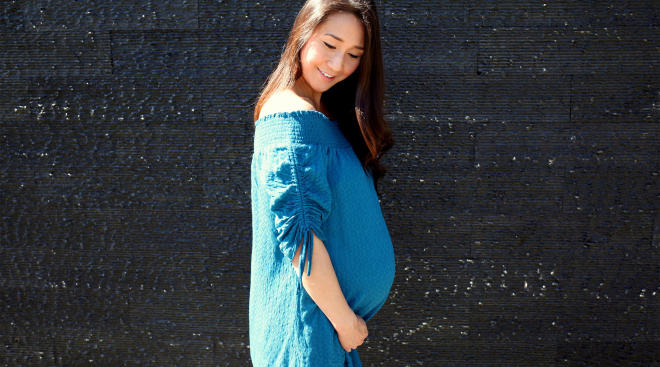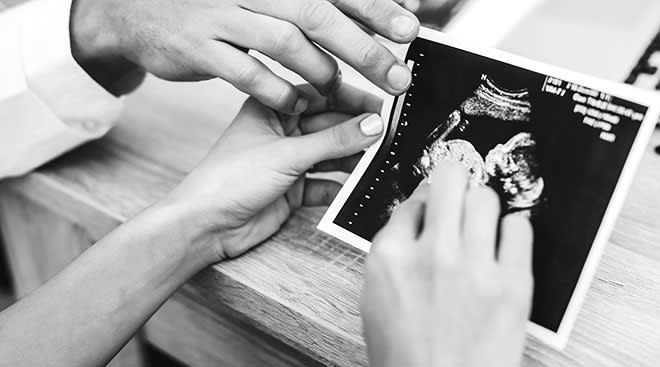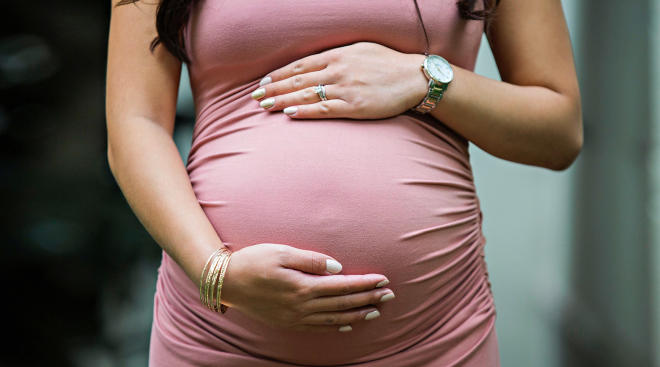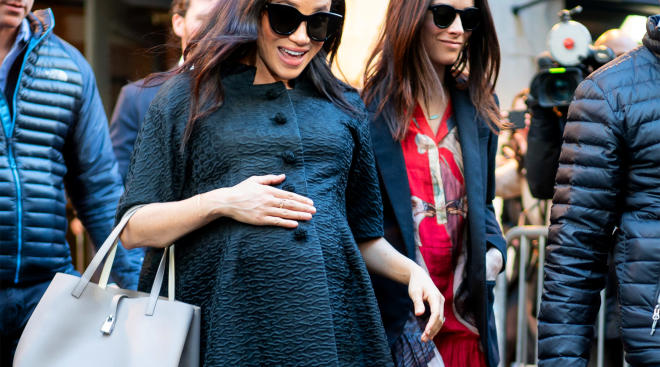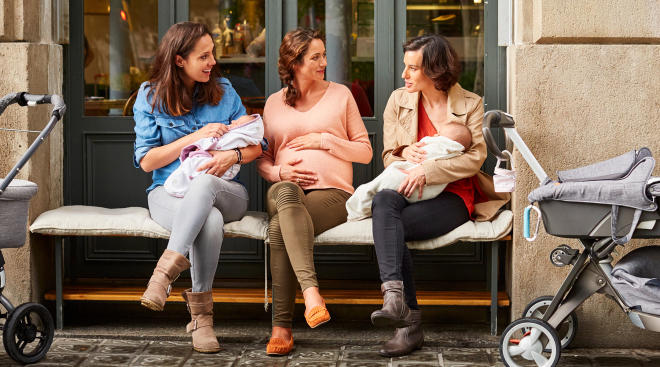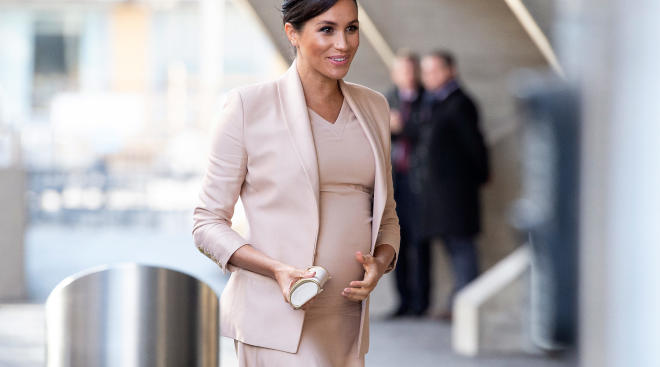How Getting Lost in Motherhood Helped Me Find Myself
Early on in my first pregnancy, a woman I admired reminded me not to forget that, even as I become a new mother, I remain a wife, a daughter, a sister and a friend. As we stood leaning against her kitchen counter, she reflected on her time as a new parent, and how this passed-down piece of advice helped her during a challenging postpartum experience.
At the time, this nugget of wisdom seemed so obvious. But I was also deeply entrenched in perinatal anxiety and depression, and losing my identity was the least of the fears that plagued me. What’s more, I had a close-knit family, a solid group of friends and a job I was passionate about—I’d still be me.
For nearly 13 years, I defined myself by my career in the fashion industry. I thrived in the fast-paced, glittering, gum-stained sidewalks of Manhattan. The energy of New York City coupled with a job in wholesale accessories fueled my creativity, while our home in the suburbs provided a grounding sense of peace. For many years, I had the best of both worlds; I truly felt I had it all.
Then came COVID. In February of 2020, my boss and I dismissed the pandemic and shipped masks to our factories in China—never believing anything would transpire here in the states. But just a few short weeks later, at 7 months pregnant, I left the office for what was supposed to be a long weekend and never returned.
The months that followed leading up to the birth of my son were riddled with panic attacks, uncertainty and an all-consuming fear, as I approached what terrified me the most: giving birth. The conversation surrounding postpartum depression has evolved, but I couldn’t find resources to support me in the visceral fears and anxieties I faced during pregnancy. Society informed me that I should be excited and glowing, but I felt empty, anxious and guilty for not “enjoying this special time.” Seeking out therapy would alleviate me temporarily, and then—just as quickly—I’d slip back into an oppressive bleakness, tormented with intrusive thoughts and waves of panic that left me feeling incapacitated.
Fast forward to a sunny June day, when I pressed my writhing baby to my hammering heart for the first time. I was a mother. His mom. The most important role of my life.
That little boy burst into my world and cracked me open physically and emotionally. While my doctor described the moment you see your child for the first time as “the only true love at first sight,” the most palpable emotion that surged through me as I sobbed and clutched his squirming body was relief. The moment I reached down to heave him on top of me, the deep clutches of depression unclenched. The floodgates were unlatched, and I was reborn.
I threw myself into parenting and into the fog of navigating the newborn haze. Isolated during a global shutdown, my sole purpose was being this swaddled, helpless baby’s caregiver—his everything. Suddenly, my other roles came into question.
Before becoming a mom, I sought out advice from the people I most admired around me, convinced they’d know what was best. When making the difficult decision about whether to return to the career I once loved, I turned to my husband. His eyes locked with mine, as he asked me the simplest question: “What do you want, Christine?”
It was so uncomplicated and yet something I hadn’t bothered to ask myself. Who would I be if I took some time to be just a mom to my son? Was this deemed a cop out? Old-fashioned? What would it mean to lean into that role, to not race for the 7:12 a.m. train and instead be devoted solely to my baby? How would it feel to take a breath and focus on the little human who relieved me of so many fears?
The truth was, I already knew the answer. This question felt redundant, and the moment I saw my son, I knew my life would demand a slower pace. I knew I wasn’t willing to re-enter an unstable work environment during the middle of a pandemic. I knew I didn’t want to start my child in daycare.
For the first time in my adult life, I truly listened to myself. It took coming out of a depression and giving birth during a pandemic to finally hear my inner voice.
The following months were difficult, beautiful and precious. They’d prove to be simultaneously some of the best and most grueling days of my life. Fortunately, I didn’t have the bleak postpartum experience that many of my friends had, which often involved intense anxiety and depression. I had lived that during pregnancy, and was out of that hell and into an intense period of love, joy and pure exhaustion.
After years of hustling in the fashion industry, I shifted my cadence to match my baby’s soft snores and close cuddles, and decided to pursue a lifelong dream I had kept tucked away—writing. I devoted myself to caring for my baby, but also focused on reinventing myself. I slowly navigated a completely different career path and rediscovered a passion that had been dormant in me for some time.
I’m mindful of the glorification that happens with postpartum in the rearview mirror; women describe a sense of bliss in becoming a parent, which sets unrealistic expectations for others. Some moms wistfully recall the newborn months, forgetting how the sleep deprivation, sore, cracked nipples and days stuck on a redundant, mind-numbing reel can leave you feeling like a shell of your former self. I felt all of this, and yet motherhood marked a critical period of transformation for me.
Losing myself in motherhood was exactly how I regained my authentic self. I had overcome so much that I feared, and became more in tune with my own wants and needs.
I still hold that advice about not losing yourself to heart. I am a wife, a daughter, a sister and a friend. But I am now also a mom. My former identity sloughed off like a snake’s discarded skin, revealing a whole new me. It’s true, I would no longer be the woman I was before baby. As I press my hand on my swollen belly, awaiting the arrival of his little brother, I know yet another transformation awaits. Bring it on, little man. I’m ready to get lost again.
About the author: Christine Carpenter is a mother and storyteller from New York. She approaches her craft with a strong intent to make women feel less alone in motherhood, mental health and creative living. Carpenter’s writing has been published in Motherscope, The Kindred Voice and Mantra Wellness, among others. When she isn’t writing, she enjoys knitting, asking too many questions, reading, and spending quality time with her family.
Plus, more from The Bump:
Navigate forward to interact with the calendar and select a date. Press the question mark key to get the keyboard shortcuts for changing dates.
































